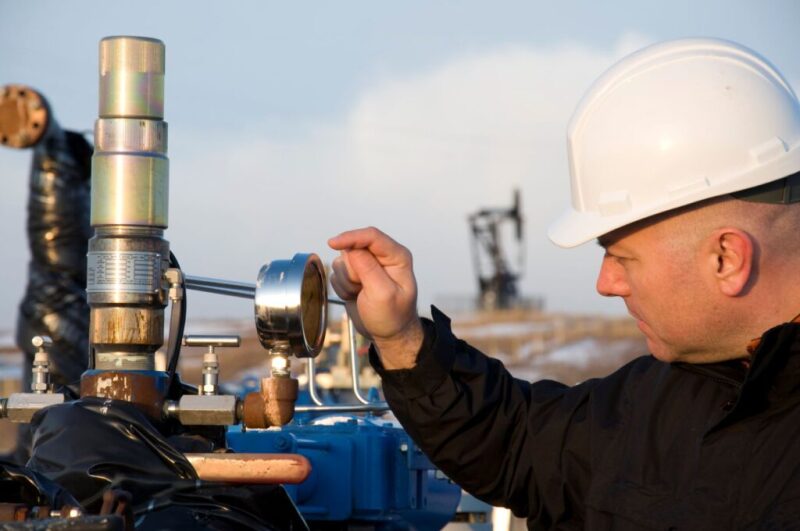In what has become a trend of late in the US onshore sector, Chevron has selected a company to provide it with independent emissions certifications. The second-largest US oil producer said it plans to begin later this year a pilot project with Project Canary that involves a selection of locations in the Permian Basin of Texas and the DJ Basin in Colorado.
The Denver-based environmental assessment startup Project Canary will report on the “environmental and social performance of individuals wells and facilities,” the companies said. The pilot also includes the installation of pad-level monitoring systems developed by Project Canary to detect and quantify methane emissions.
Project Canary is the product of a 2020 merger with Independent Energy Standards which created the process it uses to certify natural gas as responsibly sourced gas (RSG). The combined company raised $10 million in funding from a group of energy-focused investors last year.
Chiefly, the classification of RSG implies that certain measures were taken to monitor and reduce impacts on air quality that upstream operations may involve.
The initial project between Chevron and Project Canary is expected to begin by mid-year and depending on the results, deliver RSG certifications by mid-2022. Steve Green, president of Chevron's North American E&P business, said in a statement that the certifications will be completed on a “well-by-well” basis in five sites.
Big Names Gravitate Toward RSG Certifications
Chevron is following in the footsteps of several of its competitors that over the past year have inked a contract with one of the newly established third-party certification firms.
The list includes ExxonMobil which began working in September on its first pilot with emissions reporting firm MiQ. The top oil producer in the US said the initial certifications would involve a natural gas facility site in the Permian Basin in New Mexico. Following the pilot, ExxonMobil said it may roll out the program to other locations in the Permian along with facilities in Appalachia and Haynesville.
The rise of the emissions certification business follows the growing scrutiny over methane leaks and other emissions at upstream facilities in the US. In response, the shale sector has positioned RSG as a market differentiator and an asset in their efforts to tamp down fugitive emissions.
The list of shale developers using Project Canary today include Appalachia Basin developer EQT Corp., the largest gas producer in the nation, and Chesapeake Energy, the largest gas producer in the Haynesville Shale that feeds US exports. Both operators began working with Project Canary in early 2021.
Earlier this month, Southwestern Energy said it too was partnering with Project Canary to certify more than 5 Bcf/D of its production from Appalachia and Haynesville as RSG within about a year.
Amid what appears to be a steady uptake of independent emissions reporting and certifications, analysts have noted that there are no industry standards established for the underlying methods used. Critics have jumped on this aspect in casting RSG (and similar designations) as “greenwashing.”
Despite its detractors, RSG is finding a home in the marketplace. Earlier this month, the US arm of French energy marketing firm Engie announced a deal with shale producer Range Resources to buy and sell the operator’s supply of RSG as certified by Project Canary.
Notably, the deal comes less than 2 years after the French government cancelled a $7-billion agreement that the trading firm secured to import to France Permian-sourced liquefied natural gas (LNG). The French government said its widely reported scrapping of the deal was justified over its concerns about the environmental impact of shale gas.
The operator of that LNG project, NextDecade, also partnered with Project Canary last year to monitor and analyze the gas to be sold from the Rio Grande LNG export facility in the Port of Brownsville, Texas.


